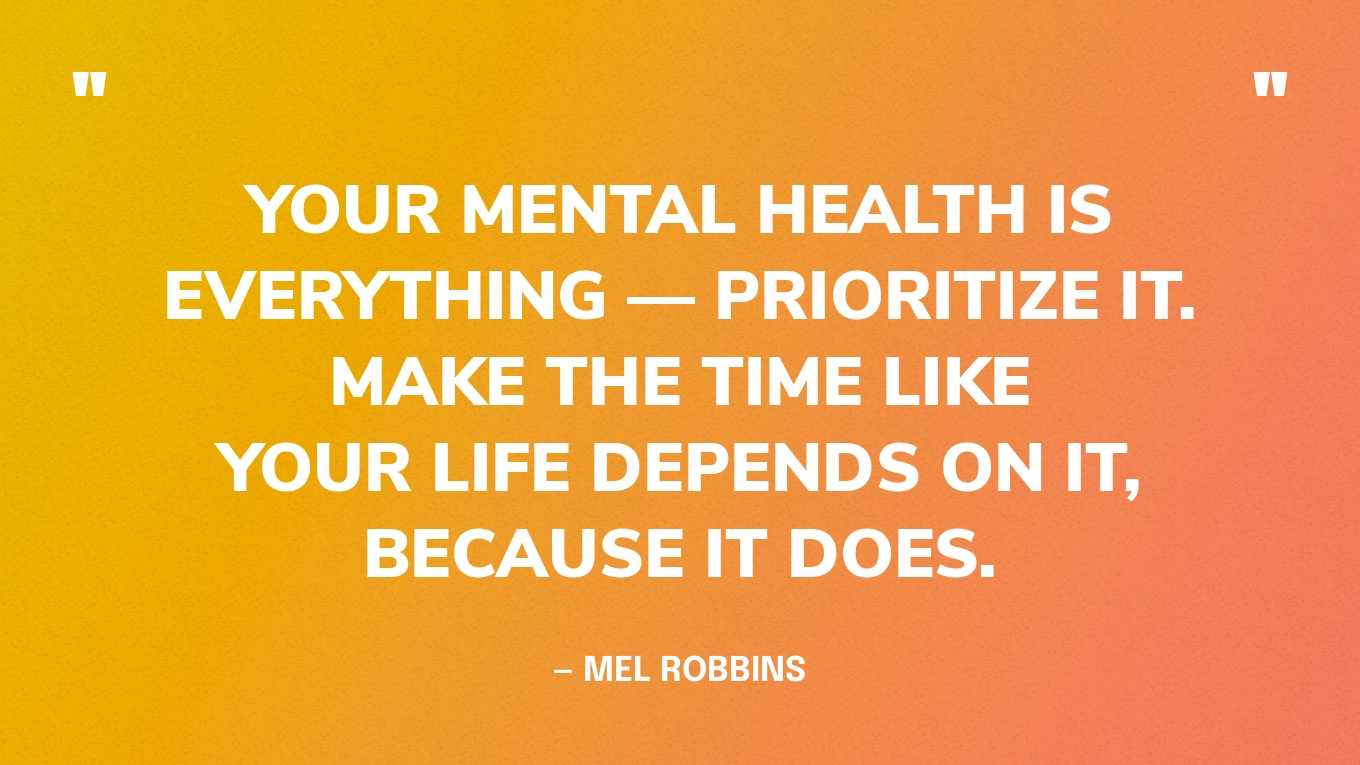Invest In Childhood: Preventing A Generation's Mental Health Crisis

Table of Contents
The Rising Tide of Childhood Mental Health Issues
The number of children and adolescents diagnosed with anxiety, depression, and other mental health conditions is alarmingly high and continues to climb. This isn't simply a matter of increased awareness; a confluence of factors contributes to this concerning trend.
- Statistics on childhood mental health diagnoses: Recent studies show a significant rise in diagnoses of anxiety disorders, depression, and ADHD in children and adolescents. The numbers vary depending on the study and country, but the overall trend is undeniable.
- Factors contributing to the rise: The pressures of modern life play a significant role. The pervasive influence of social media, intense academic pressure, increasingly unstable family structures, and exposure to trauma all contribute to the rising rates of childhood mental health issues. Economic insecurity and lack of access to healthcare also exacerbate the problem.
- Long-term effects of untreated childhood mental health issues: Untreated mental health problems in childhood can have devastating long-term consequences, including increased risk of substance abuse, relationship difficulties, unemployment, and even suicide. Early intervention is crucial to mitigate these risks.
- The societal cost of ignoring this crisis: The economic burden of untreated childhood mental health issues is substantial, encompassing healthcare costs, lost productivity, and the social costs associated with crime and incarceration. Ignoring this crisis will have profound and lasting consequences on society as a whole.
Early Intervention: The Key to Prevention
Early identification and intervention are paramount in improving the outcomes for children facing mental health challenges. Investing in preventative care and early intervention strategies is far more cost-effective and humane than addressing the consequences of untreated mental illness later in life.
- Benefits of early intervention programs: Early intervention programs have been shown to significantly reduce the severity and duration of mental health problems, improve academic performance, and enhance overall well-being.
- Examples of successful early intervention strategies: School-based mental health services, parent education programs, and community-based support groups provide vital early intervention. These programs can offer preventative measures and early treatment.
- Importance of accessible and affordable mental healthcare for children: Access to affordable and accessible mental healthcare is crucial. Removing financial barriers and reducing stigma are critical steps towards ensuring all children have the support they need.
- Highlighting the effectiveness of preventative measures: Preventative measures like promoting healthy coping mechanisms, stress management techniques, and building resilience in children are crucial in reducing the risk of mental health issues.
Investing in Resources and Support Systems
Addressing the childhood mental health crisis necessitates a significant increase in funding and resources for mental health services. This includes:
- Advocating for increased funding for school-based mental health programs: Schools are ideal settings for early intervention, providing readily accessible support to children in need.
- Supporting community-based mental health organizations: These organizations provide essential services and support to families and children facing mental health challenges.
- Training educators and parents to identify and address mental health concerns: Equipping educators and parents with the knowledge and skills to recognize and respond to mental health issues is vital.
- Promoting mental health literacy among children, parents, and educators: Reducing stigma and fostering open conversations about mental health are crucial for early intervention.
- The economic benefits of investing in early intervention: Investing in early intervention is a cost-effective strategy; preventing long-term problems saves significant resources in the long run.
The Role of Parents and Caregivers
Parents and caregivers play a pivotal role in their children's mental well-being. Creating a supportive and nurturing environment is crucial for preventing and addressing mental health challenges.
- Strategies for parents to support their children's mental health: Open communication, active listening, and providing a safe space for children to express their emotions are essential.
- Recognizing the signs and symptoms of mental health issues in children: Educating parents about the signs and symptoms of common mental health disorders enables early intervention.
- Seeking professional help when needed: Parents should not hesitate to seek professional help when they are concerned about their child's mental health.
- Importance of open communication and creating a supportive family environment: A strong family unit provides a buffer against the pressures of modern life, helping children develop resilience.
Conclusion
The rising tide of childhood mental health issues demands immediate and sustained action. By Investing in Childhood through early intervention, increased resources, and supportive family environments, we can significantly mitigate the long-term consequences and prevent a generation-defining mental health crisis. We must advocate for increased funding for childhood mental health services, support community-based organizations, and actively promote mental health literacy. Let's make a commitment today to protect the mental well-being of our children and build a healthier future for all. Contact your elected officials, support local mental health organizations, and reach out to families in need. Investing in our children's mental health is an investment in a brighter, healthier future. Let's make it a priority – let's truly Invest in Childhood.

Featured Posts
-
 Fortnite Servers Down Chapter 6 Season 2 Lawless Update Maintenance
May 03, 2025
Fortnite Servers Down Chapter 6 Season 2 Lawless Update Maintenance
May 03, 2025 -
 Fan Falls From Wrigley Field Outfield Wall During Cubs Pirates Game
May 03, 2025
Fan Falls From Wrigley Field Outfield Wall During Cubs Pirates Game
May 03, 2025 -
 2027 Metai Sanchajuje Planuojamas Hario Poterio Pramogu Parkas
May 03, 2025
2027 Metai Sanchajuje Planuojamas Hario Poterio Pramogu Parkas
May 03, 2025 -
 Fortnite V34 30 Maintenance Schedule And Early Patch Notes
May 03, 2025
Fortnite V34 30 Maintenance Schedule And Early Patch Notes
May 03, 2025 -
 The Rise Of Male Eyelash Shaving Exploring The Reasons Why
May 03, 2025
The Rise Of Male Eyelash Shaving Exploring The Reasons Why
May 03, 2025
